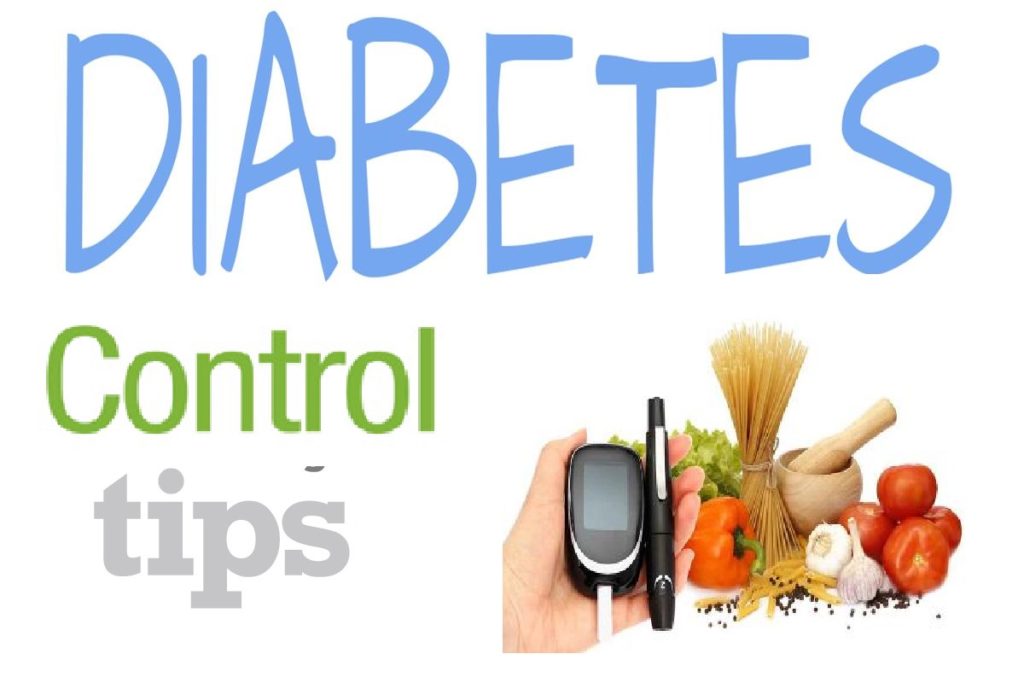Diabetes – Health Tips
Effective management of diabetes cannot be achieved without an appropriate diet. A healthy diet is one which is low in fat, sugar and salt, but high in fiber with plenty of fruit and vegetables. Please consult your dietitian and they will tell you what foods to include in your diet to match your specific needs and the best times to eat them, to ensure you get the right amount of glucose in your body for the insulin you are taking (if you are on insulin treatment).
Exercise Regularly
Regular physical activity is vital for anyone with diabetes as it lowers blood glucose levels and also reduces the risk of developing long-term complications including heart disease. At least 30 minutes of moderate exercise, or 15 minutes of intense exercise, at least five times a week, is normally recommended. But please consult your doctor who will advice you regarding the exercise regimen you should undergo and the precautions you should take.
Stop Smoking
People who have diabetes and also smoke are at an increased risk of developing a cardiovascular disease, such as a heart attack or stroke. Smoking also increases the risk of developing lung cancer and other health problems
Give up alcohol or drink in moderation
Never drink alcohol on an empty stomach. Too much alcohol can cause either hyperglycemia (high blood glucose) or Hypoglycemia (low blood glucose)
Test your Eyes
Regular eye tests (at least once a year) are important for people with type 1 diabetes as they will pick up any signs of Diabetic retinopathy. Retinopathy is one of the complications of diabetes as it can be caused by having a high level of blood glucose for a long period of time. If left untreated, it can eventually cause blindness.
Take care of your feet
If you have diabetes you are more likely to develop foot problems such as foot ulcers, which can cause serious infection. This is because you may not be able to feel any grazes, cuts or blisters if there is damage to the nerves in your feet.
Foot Care Tips
- Wash your feet daily
- Use moisturizing lotion
- Check your feet for cuts, blisters sores etc
- Cut toenails straight across weekly and do not trim them too short
- Keep your feet warm and Dry
- Never walk barefoot
- Use soft socks and comfortable shoes
- If you have wound, check everyday and consult doctor if the area becomes red, swollen or smelly and has a discharge
Remember
CONTROLLING THE ABC OF DIABETES Controlling the ABC of diabetes
- A1C (blood glucose)
- blood pressure
- cholesterol
can cut your risk of heart disease and stroke.

